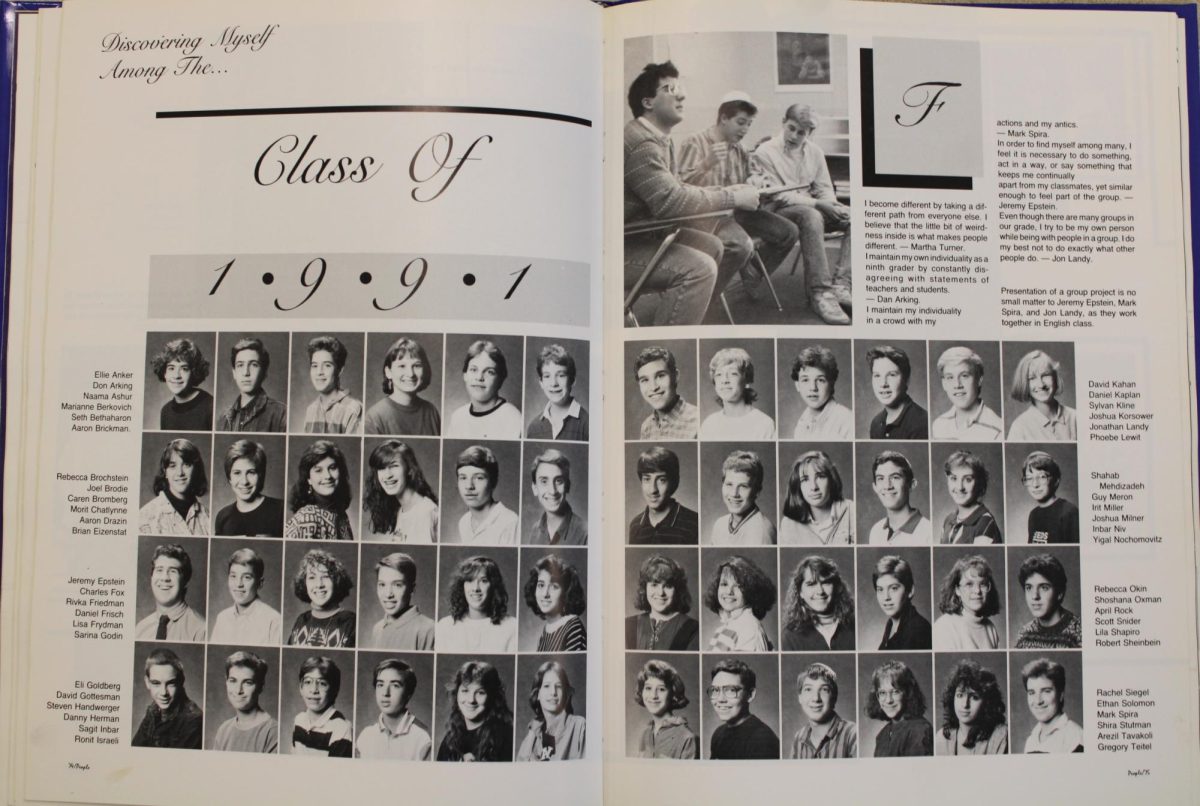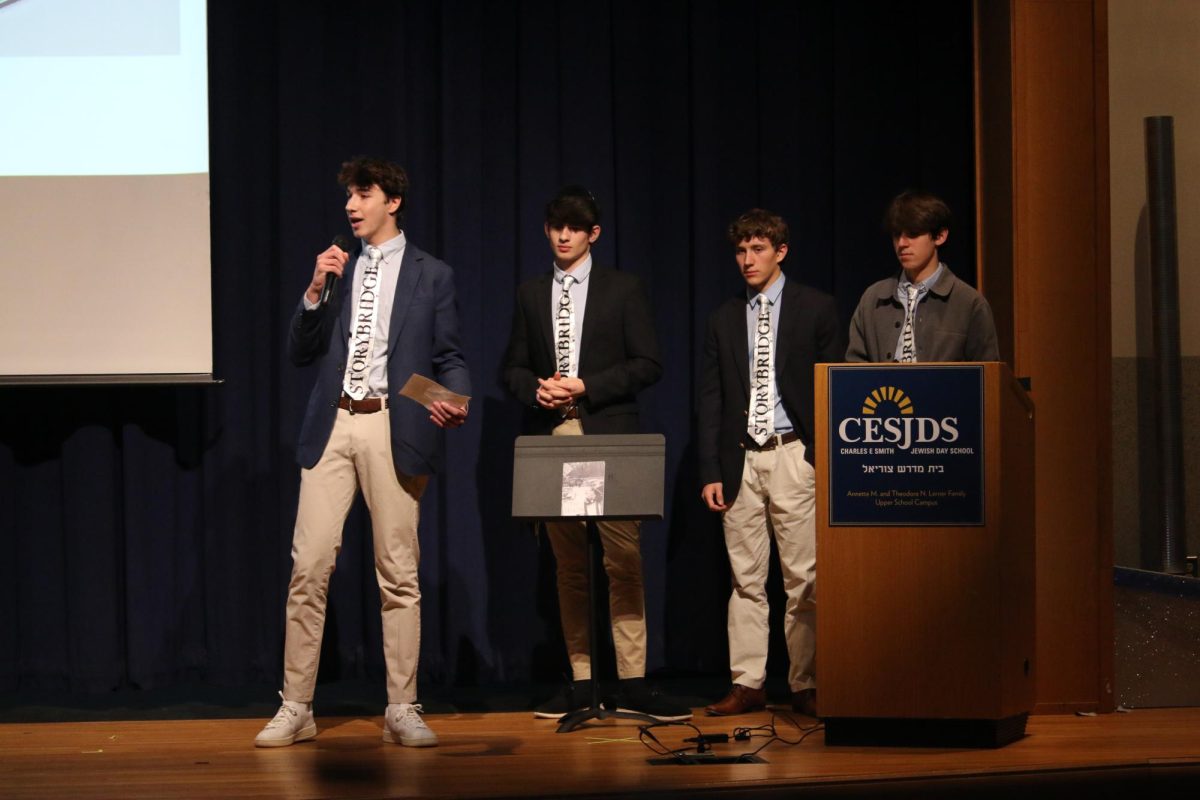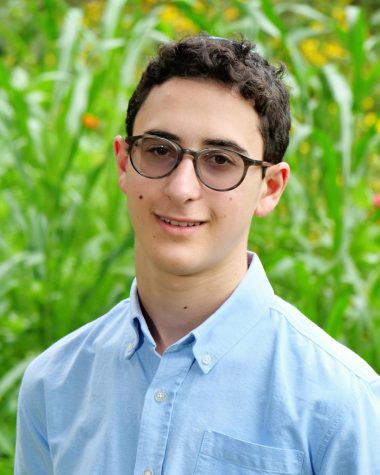In addition to changes to the grading system, the dress code and the school handbook, CESJDS also changed the format of high school grade government this year. The biggest change is the size of each grade’s government. There will no longer be a Secretary, Grade Representatives to the Student Council or Secretaries of Special Events, Community Service and Fundraising positions. Instead, each grade’s government will consist of two presidents, two vice-presidents and one treasurer.
The changes are a result of summer discussions between High School Principal and Upper School Campus Head Dr. Lisa Vardi, Assistant High School Principal Aileen Goldstein, Dean of Students Roslyn Landy and Dean of Experiential, Leadership and Service Learning Tori Ball, who heard feedback from students saying grade governments were too large and inefficient.
“Over the summer, we talked about student government and its goals,” Vardi said. “We identified two main goals of student government: to give voice to the student body and to serve as leaders and role models.”
Another change to grade government is the elections. Now, all candidates must deliver campaign speeches, even if they run unopposed, while in previous years only presidential candidates in contested elections were given this opportunity.
“Maybe in the past, this didn’t happen because of time constraints,” Vardi said. “But in a representative democracy, which is what this is, you should hear from your peers.”
The new changes will not apply to the senior class because they had their final elections last year. Freshman elections will take place in November, and sophomore elections have been postponed until Oct. 18 as a consequence for their behavior during a presentation on microaggressions. The junior class was the first to experience the new changes on Sept. 18.
Juniors’ campaign speeches were limited to two minutes in length and had to be “positive and forward-thinking,” according to Vardi. Candidates shared their speeches with Vardi, Landy and sophomore dean Brett Kugler, who suggested edits over Google Docs in the week before the elections, cutting sections that violated the aforementioned “positive and forward-thinking” guideline.
“In 10th and 11th grade we basically said, ‘This is disparaging. This is not positive.’ And then we helped edit,” Vardi said.
Faculty members have always reviewed speeches, though junior presidential candidate Dalia Epstein believes that more edits were made this year than in prior years. Some student candidates believe that Vardi and the administration overstepped in their implementation of the “positive and forward-thinking” rule, infringing on the democratic nature of the election.
“I get why [Vardi] is trying to have us write appropriate speeches,” Epstein said. “But I think the things she cut in our speech were in no way negative.”
For example, Epstein wanted to tell a joke that referenced a sweet sixteen party thrown by another junior, but it was cut because not everyone in the grade attended the party. According to Epstein, everyone in the grade was invited, therefore the joke had no exclusionary or negative ramifications.
However, some candidates recognized that their speeches breached the guidelines laid out before the elections and accepted Vardi’s edits. One such student is Jonah Berman, who ran unopposed for junior class treasurer.
“It was reasonable,” Berman said. “[Vardi] is just trying to set some guidelines.”
Vardi, Landy and Kugler stand by their edits. Vardi believes that she did not infringe on the fairness of the election by requiring students to cut their campaign speeches and said that in certain instances, there need to be restrictions.
“Free speech does not mean you can say whatever you want,” Vardi said.
She says that having watched the way national politicians have begun “mud-slinging” in recent years, it is important to her for students to run their campaigns in a positive manner, without libel or negative speech.
“One of the goals of the school is to teach students to participate as thoughtful informed citizens in our vibrant American democracy,” Vardi said. “As an educational institution, we have an obligation to model what that means.”







